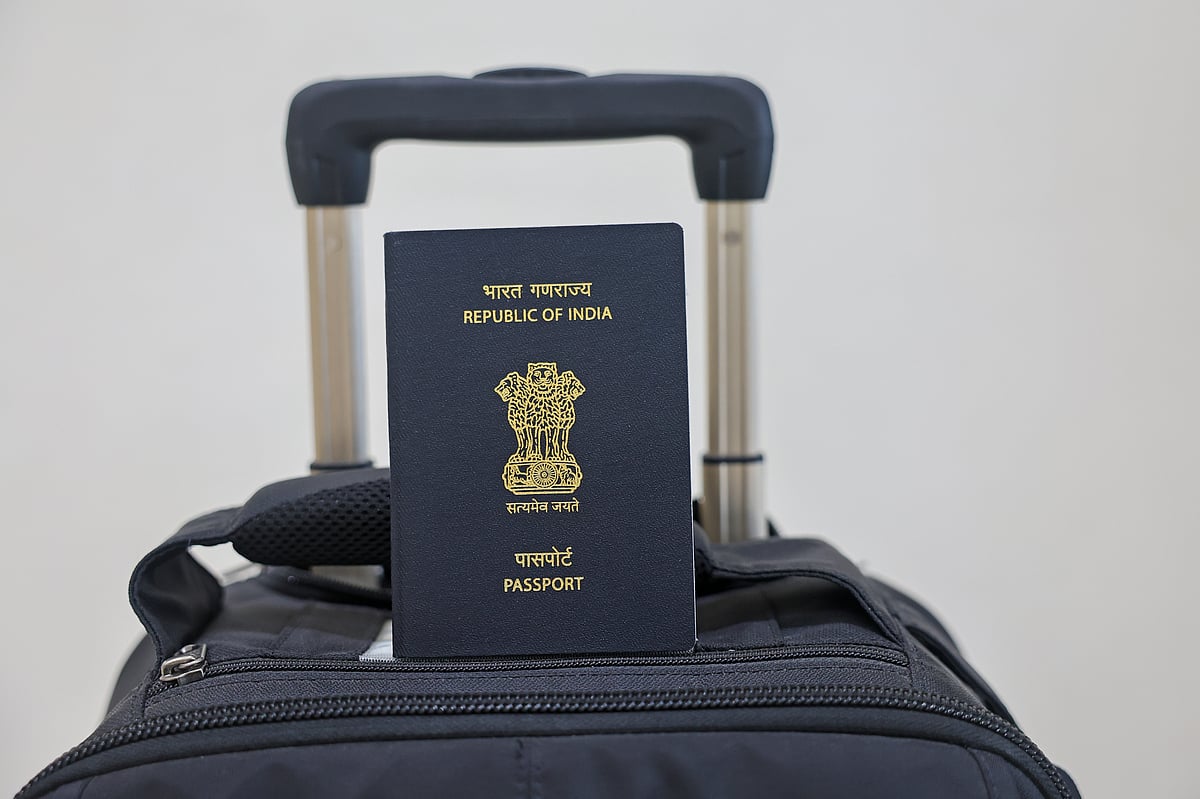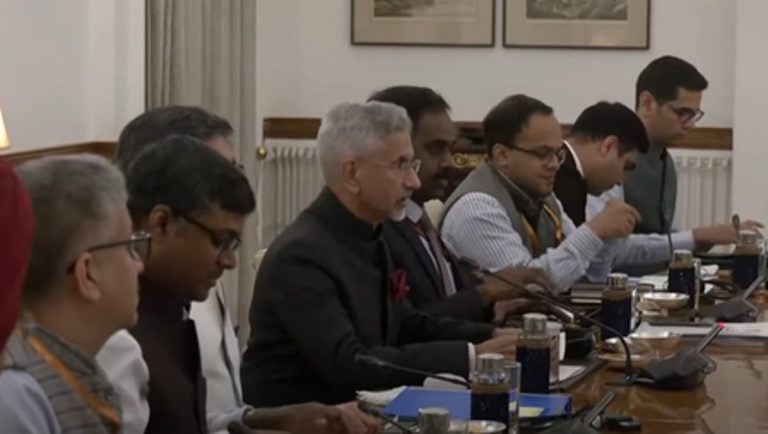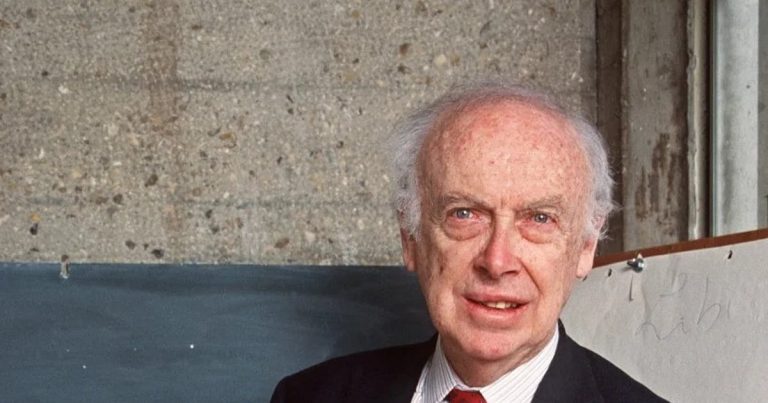Indian Passport Falls to 85th in Global Rankings
Recent passport rankings reveal a decline in the standing of the Indian passport, which now occupies the 85th position globally. This shift reflects a decrease in visa-free access, highlighting ongoing changes in international travel dynamics.
Current Ranking and Access
According to the Henley Passport Index, the Indian passport is now tied with Mauritania, providing visa-free access to 57 countries. This marks a significant drop from its previous rank of 77th earlier this year, when it offered access to 59 destinations. The decline underscores the evolving landscape of global mobility and the competitive nature of passport rankings.
The U.S. Passport’s Historic Low
In a notable development, the U.S. passport has also experienced a significant decline, falling out of the top 10 for the first time in two decades. Once the leading passport in 2014, it now ranks 12th, alongside Malaysia, with visa-free access to only 180 out of 227 destinations. Factors contributing to this drop include the loss of visa-free access to Brazil and exclusion from China’s expanding visa-free list. Changes in policies from countries like Papua New Guinea and Myanmar further impacted the U.S. passport’s standing.
The Rise of Asian Passports
Asian countries have emerged as leaders in passport rankings, with Singapore, South Korea, and Japan taking the top three spots. Singapore leads with visa-free access to 193 destinations, followed closely by South Korea with 190 and Japan with 189. This trend highlights the increasing mobility and travel freedom enjoyed by citizens of these nations.
China’s Ascendancy
China has made significant strides in the passport rankings, moving from 94th place in 2015 to 64th in 2025. Over the past year, China has granted visa-free access to an additional 30 countries, reflecting its strategy of enhancing global mobility. Recent agreements with various nations, including Russia, further solidify China’s position as a key player in international travel.
FAQs
Why did the Indian passport drop in rankings?
The Indian passport’s drop is attributed to a reduction in visa-free access to countries, reflecting changes in international travel agreements and policies.
How does the U.S. passport’s decline affect travelers?
The decline of the U.S. passport means American travelers may face more visa requirements and restrictions, impacting their ability to travel freely to various destinations.
What factors contribute to a passport’s ranking?
A passport’s ranking is influenced by the number of countries its holders can visit without a visa, as well as changes in international agreements and diplomatic relations.
Conclusion
The recent passport rankings illustrate significant shifts in global mobility, with the Indian passport falling to 85th place and the U.S. passport experiencing a historic decline. As countries adapt their visa policies, travelers may need to stay informed about changes that could affect their travel plans. Moving forward, it will be essential for nations to enhance their diplomatic relations to improve passport rankings and facilitate easier travel for their citizens.
The decline in the Indian passport’s ranking can be attributed to various geopolitical factors and changing international relations. As countries reassess their visa policies, the impact on passport rankings can be significant. For India, the loss of visa-free access to certain nations may stem from concerns over security, immigration, and bilateral relations. This trend is not unique to India, as many countries face similar challenges in maintaining or improving their passport standings amid shifting global dynamics.
The rise of Asian passports, particularly those from Singapore, South Korea, and Japan, reflects broader economic and diplomatic advancements in the region. These countries have invested in strengthening their international ties and enhancing their global presence, which has translated into greater travel freedom for their citizens. As these nations continue to negotiate favorable agreements with other countries, they are likely to maintain or improve their positions in future passport rankings.
In light of these developments, countries like India may need to pursue more strategic diplomatic initiatives to enhance their global mobility. Strengthening bilateral relations, engaging in multilateral agreements, and addressing concerns that lead to visa restrictions could be crucial steps in improving the Indian passport’s standing. As the landscape of international travel continues to evolve, nations will have to adapt to ensure their citizens can travel freely and easily.
Also Read:
New Schengen Entry/Exit System: Key Changes for Travelers
BLS International’s Debarment: Impact on UAE Visa Services







